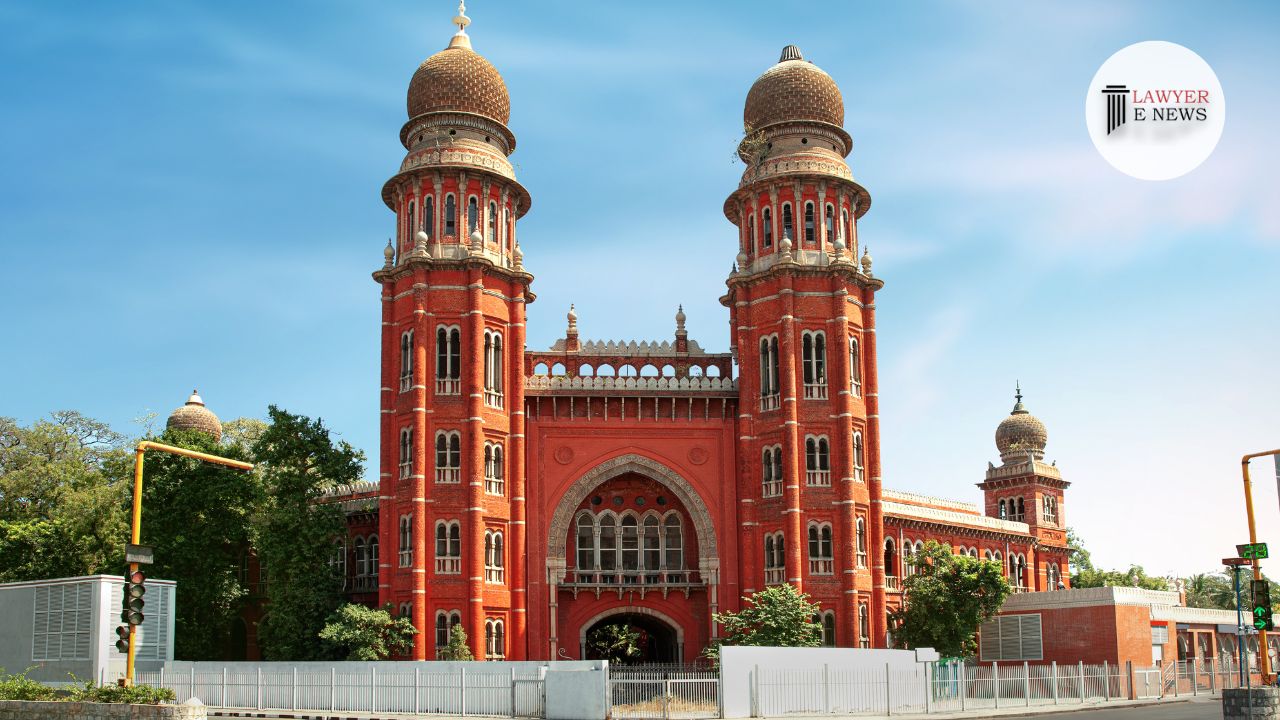-
by Admin
17 February 2026 2:34 PM



In a significant ruling, the Madras High Court decreed in favor of Aavanor Systems LLP (Aavanor) in a commercial suit against PERS Enterprises Private Ltd. (PERS), underscoring the principle of unjust enrichment in contractual dealings.
The court emphasized the common law principle of unjust enrichment, observing that when a party benefits from the services of another without intending to do so gratuitously, compensation is warranted. The court ruled that PERS unjustly benefited from Aavanor's services and is thus bound to compensate.
The case involved two suits - C.S.(Comm. Div.)No.63 of 2022 filed by PERS for recovery of advance payments and damages, and C.S.No.128 of 2021 filed by Aavanor for recovery of unpaid dues. PERS accused Aavanor of failing to complete software installation, while Aavanor contended that the software was installed and additional services were rendered upon PERS's request.
Justice Abdul Quddhose, in his detailed judgment, noted, "When a person benefited from the services of another, has done those services non gratuitously then the person who has enjoyed the benefit of the additional services must compensate the person who has rendered the additional services." The court found that Aavanor completed the installation and provided additional services, as evident from the email correspondences and invoices.
The court observed, "The weight of evidence, both oral and documentary evidence, placed on record by Aavanor, far outweighs the weight of evidence produced through a person who does not have personal knowledge of the contractual relationship between Aavanor and PERS."
The court decreed that PERS is to pay Aavanor Rs.61,28,320/- with 6% interest per annum from January 19, 2018, till realization. The suit by PERS was dismissed, and they were directed to bear the costs of both suits.
Date of Decision: 19th February 2024
PERS Enterprises Private Ltd. Vs Aavanor Systems LLP
